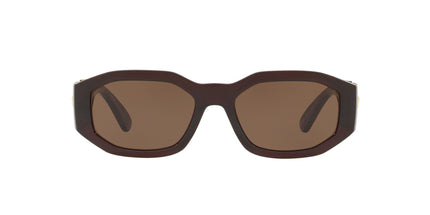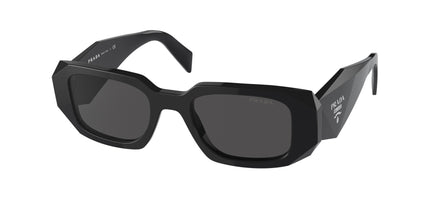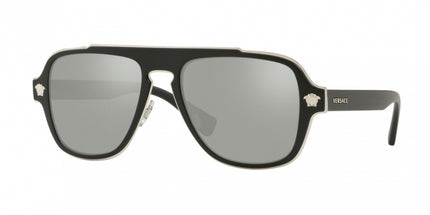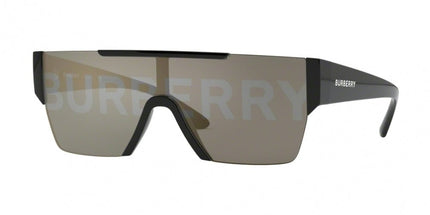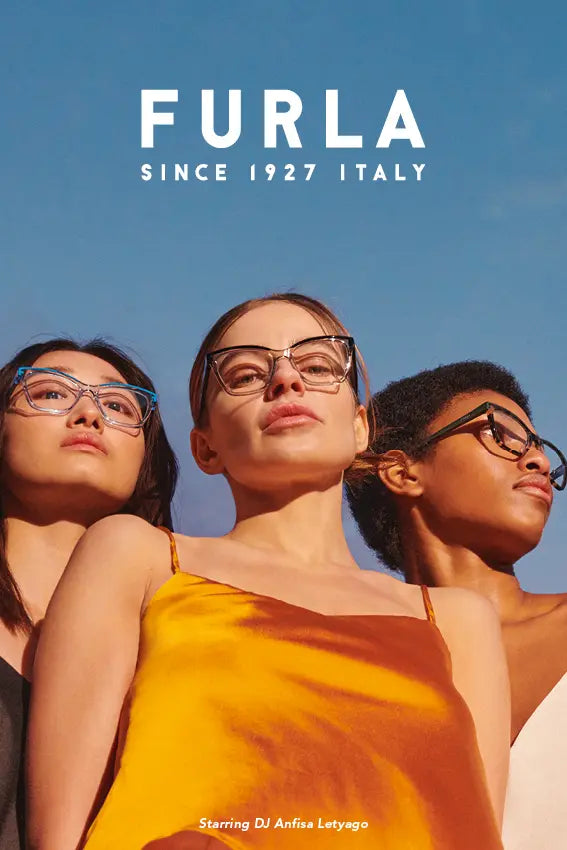Blue Light Blocking Glasses: Latest Research and News Update

Today's digital world requires us to spend increasing amounts of time looking at screens such as smartphones, tablets, and computers, which emit blue light that may harm our eyes or disturb sleep cycles. Blue light blocking glasses have become popular as an eyewear solution that protects eyesight while improving overall health; here is some important information and updates regarding them and designeroptics.com can assist in helping you find the perfect pair.
Blue Light: Effects on Our Eyes
Blue light occurs naturally and in digital devices like smartphones, tablets and computers. While blue light plays a vital role in our sleep-wake cycle and mood regulation processes, too much exposure can harm eyes and health; according to the American Optometric Association prolonged blue light exposure may result in digital eye strain, dry eyes headaches or sleep disruption.
Blue Light Blocking Glasses Are Explained Here
Blue light blocking glasses are designed to filter out blue light emitted by digital devices and decrease how much of it reaches our eyes. Many come equipped with amber or yellow tinted lenses which further strengthen their ability to block blue light and protect our retinas. Though their exact effectiveness remains to be studied further, preliminary research indicates they might help relieve symptoms associated with digital eye strain as well as improve sleep quality.
Recent Studies of Blue Light Blocking Glasses indicate their benefits to be substantial.
Recent studies have explored the efficacy of blue light blocking glasses. One such study, published in Scientific Reports, discovered that wearing these glasses for three hours before bedtime significantly improved sleep quality and mood scores among individuals suffering insomnia. Participants of a two-week experiment alternated wearing either blue light blocking or clear glasses and researchers observed those wearing blue light blocking had significantly higher quality sleep and mood scores when compared with those wearing clear glasses.
Researchers published in Journal of Adolescent Health published research showing how blue light blocking glasses may enhance sleep quality and decrease symptoms of digital eye strain among adolescents. Participants used digital devices for at least four hours each day while wearing their blue light blocking glasses; after two weeks they experienced significantly less digital eye strain as well as improved quality restful sleep overall.
How designeroptics.com Can Be of Assistance
Designeroptics.com offers an expansive selection of blue light blocking glasses from top brands like Ray-Ban, Oakley and Tom Ford - frame shape, color and size filters make finding glasses that best meet both your style and needs effortless! Plus, with free shipping & returns available you can try your new glasses risk free.
Conclusion
Blue light blocking glasses have become an increasingly popular solution to protecting our eyes and improving sleep quality in today's digital world. Although their exact effectiveness remains debated, recent research indicates positive health and wellbeing effects associated with their use. designeroptics.com can assist in selecting your ideal pair of blue light blocking glasses by providing various options and helpful resources designed to fit perfectly to the shape and size of your face.
Sources:
-
American Optometric Association. Blue Light and Your Eyes. https://www.aoa.org/patients-and-public/caring-for-your-vision/protecting-your-vision/blue-light-and-your-eyes
-
Shechter A, et al. Blocking Blue Light for Insomnia: A Randomized Controlled Trial. Scientific Reports. 2020;10: 8270. https://www.nature.com/articles/s41598-020-64997-2
-
Rahman SA, et al. The Effect of Blue-Light Blocking Spectacles on Sleep and Mood in Adolescents. Journal of Adolescent Health. 2018;63








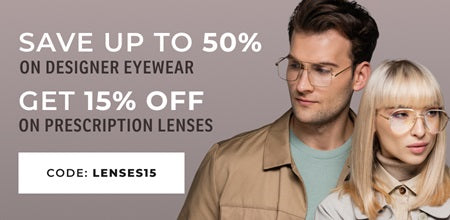




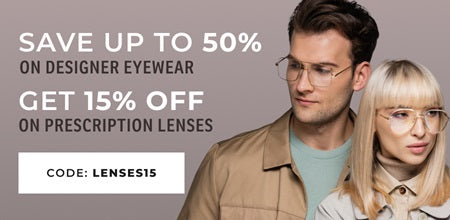

 Back to Blog Page
Back to Blog Page




